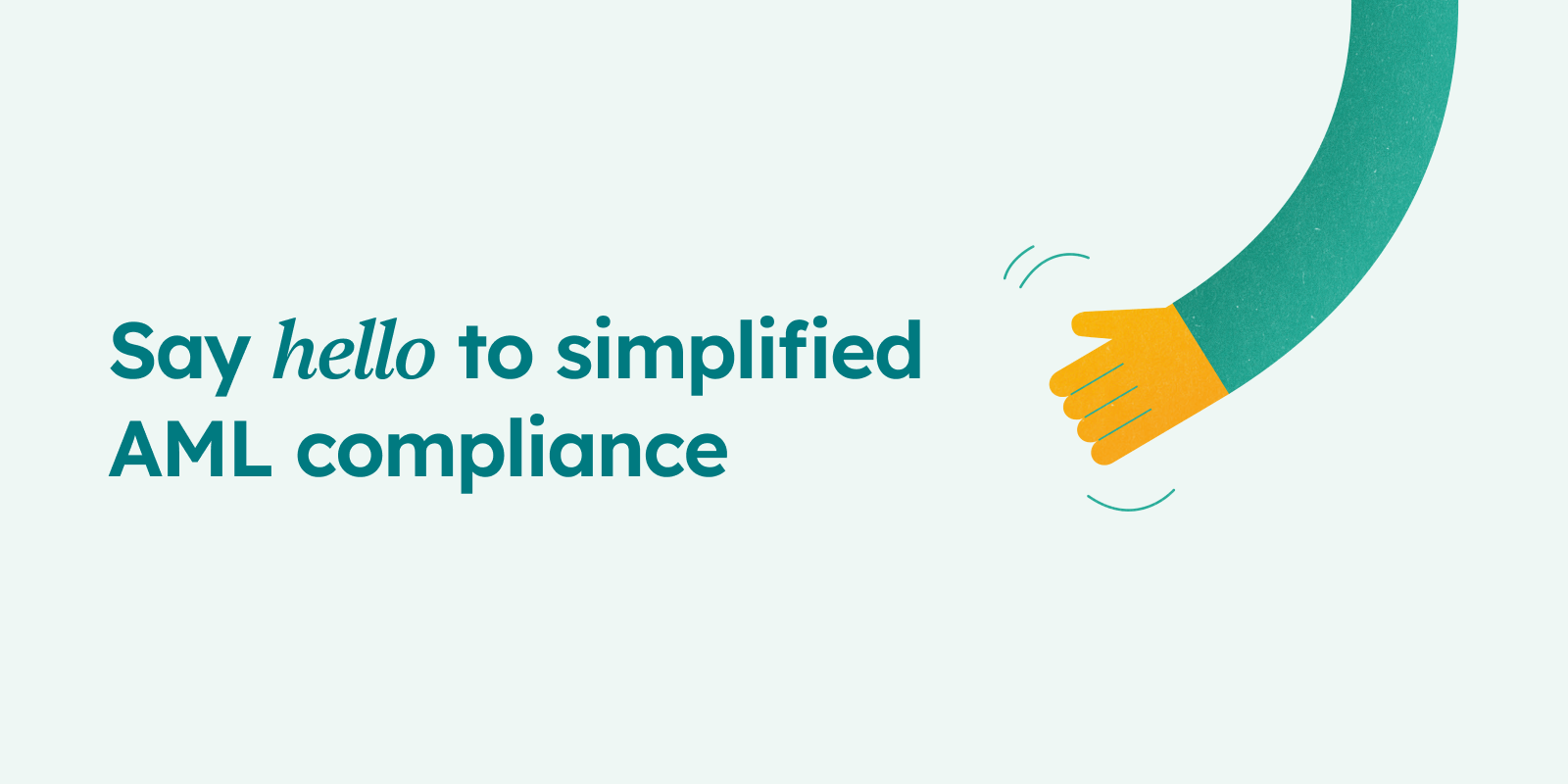1 min read
Creditro takes over KYC from Penneo
As part of Visma’s ambition to build world-class digital solutions, a strategic decision has been made to sharpen the focus of its portfolio...

RCAs are family or close associates of a PEP. Their importance is due to their close relationship with a PEP who is at higher risk of being exploited or blackmailed, e.g., money laundering or influencing national policy.
Therefore, it is crucial that companies subject to the Money Laundering Act not only check whether there are PEPs among their customers but also the close business partners of PEPs because these are more often used as the object of extortion by a PEP.
RCA stands for Relatives and Close Associates. It is a partial term that comes from the money laundering act's section about PEP (Politically Exposed Person), which you can read more about here.
Among other things, the definition of RCA is:
Companies within the financial sector are subject to the Money Laundering Act and the directive AML 5, which makes it clear that companies must know their customers. When the company uses KYC to document that they know the customer, the system screens the customer to see if they are an RCA.
The Anti-Money Laundering Directive requires all companies covered by the directive to be very careful when they have customers who are PEPs. They must be checked for fraud with money to a greater extent than others, as they pose an increased risk.
It can be difficult for companies to judge whether potential or current customers are PEP because the existing list of PEPs is not definitive but only includes those who are already reported.
In short, it must be ensured that there can be no risk of a person being exploited due to their close ties with a PEP.
Being a politically exposed person indicates to a greater extent that you as a company must be aware of the increased risk of involvement in, among other things, money laundering and terrorist financing.
Many PEPs are also subject to attempted bribery and extortion, making them a higher risk to have as a client in your business.
However, there are many websites where you can screen for PEP. The Danish Financial Supervisory Authority conducts, among other things, a list of the persons who are PEP in Denmark. The list is incomplete as it only contains the names of PEPs that have been reported to the authorities. Now you can see the latest PEP list here.
A PEP list is a list that describes all the PEPs we have in Denmark. The list includes persons who are either currently or have previously been classified by the EU as politically exposed persons.
A PEP list helps to make it easier for companies to assess whether their customers may be exposed to aggravated circumstances. Each European government has its PEP list, which it must maintain.
If one of your customers turns out to be an RCA, you need to perform a more extensive KYC and implement more excellent monitoring. The monitoring may consist of you examining their financial transactions more closely and assessing the customer relationship in relation to their current risk assessment.
In short, an RCA customer must be kept a closer eye on than other customers. An RCA customer is often called a high-risk customer, and you must therefore carry out an inspection once a year.
You must also check low-risk customers approximately every five years.

1 min read
As part of Visma’s ambition to build world-class digital solutions, a strategic decision has been made to sharpen the focus of its portfolio...

3 min read
When you are subject to AML regulations, there are several tasks you need to complete annually. An annual compliance plan can help you stay on top of...

3 min read
AML compliance can be a hassle, but we don’t think it has to be that way. That’s why we’re proud to finally introduce our new brand, which reflects...